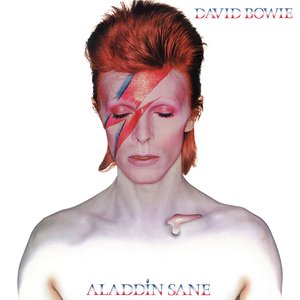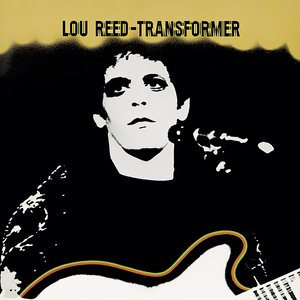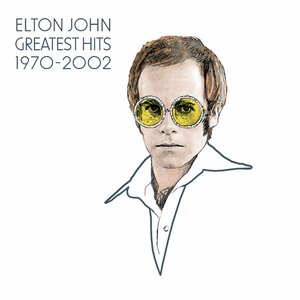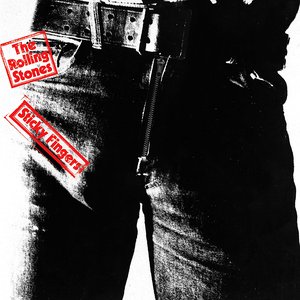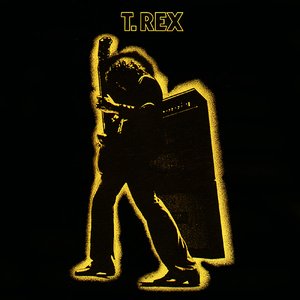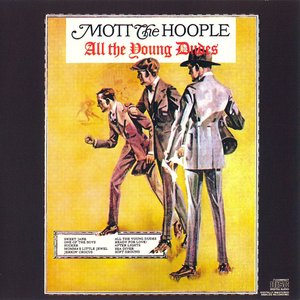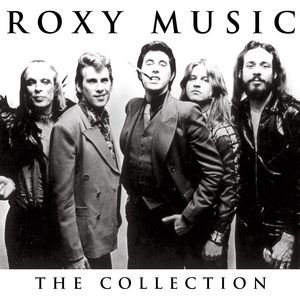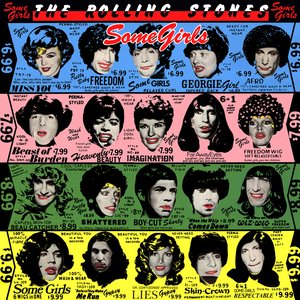Wiki
-
Length
6:58
"The Jean Genie" is a song by English singer-songwriter David Bowie, originally released in November 1972 as the lead single to his 1973 album Aladdin Sane. Co-produced by Ken Scott, Bowie recorded it with his backing band the Spiders from Mars − comprising Mick Ronson, Trevor Bolder and Mick Woodmansey. According to Bowie, it was "a smorgasbord of imagined Americana", with a protagonist inspired by Iggy Pop, and the title being an allusion to author Jean Genet. One of Bowie's most famous tracks, it was promoted with a film clip featuring Andy Warhol associate Cyrinda Foxe and peaked at No. 2 on the UK Singles Chart.
Background and recording
"The Jean Genie" originated on the Ziggy Stardust Tour as an impromptu jam, titled "Bussin'", on the tour bus between the first two concerts in Cleveland and Memphis, when Mick Ronson began playing the Bo Diddley-inspired guitar riff on his new Les Paul. It subsequently became the first song Bowie composed for Aladdin Sane, in autumn 1972 during his 1972 US tour, completing the song in New York City, where he spent time with the Warhol set's Cyrinda Foxe. Bowie later asserted, "I wrote it for her amusement in her apartment. Sexy girl." Bowie later in the 1990s described the song as "a smorgasbord of imagined America" and "my first New York song."
The recording took place at New York's RCA Studios on 6 October 1972. "I had a really great conversation with (bassist) Trevor Bolder," recalled Def Leppard's Joe Elliott. "I said, 'You remember when you were doing The Jean Genie?' He said, 'No. We did it in an hour and a half.'"
Mixing occurred the following week at RCA Studio B in Nashville, Tennessee; the original single mix is in narrow stereo, while the stereo soundscape is wider in the album mix.
Music and lyrics
The song's chugging R&B riff is often compared to the Yardbirds, especially their cover of Bo Diddley's "I'm a Man", but was most probably inspired by French singer Jacques Dutronc's La Fille du Père Noël (1966), while the lyrics have been likened to the "stylised sleaze" of the Velvet Underground. The subject matter was inspired in part by Bowie's friend Iggy Pop or, in Bowie's own words, "an Iggy-type character… it wasn't actually Iggy." The line "He's so simple minded, he can't drive his module" later gave the band Simple Minds their name.
The title has long been taken as an allusion to the author Jean Genet. Bowie was once quoted as saying that this was "subconscious… but it's probably there, yes". In his 2005 book Moonage Daydream, he stated this less equivocally: "Starting out as a lightweight riff thing I had written one evening in NY for Cyrinda's enjoyment, I developed the lyric to the otherwise wordless pumper and it ultimately turned into a bit of a smorgasbord of imagined Americana … based on an Iggy-type persona … The title, of course, was a clumsy pun upon Jean Genet".
Music video
Mick Rock directed a film clip to promote the song, in October 1972 in San Francisco, mixing concert and studio footage of Bowie performing with the Spiders from Mars, along with location shots of the singer posing at the Mars Hotel with Cyrinda Foxe. Bowie wanted the video to depict "Ziggy as a kind of Hollywood street-rat" with a "consort of the Marilyn brand". This led to Foxe's casting, and she flew from New York to San Francisco especially for the shoot.
Bowie also recorded "The Jean Genie" for BBC's Top of the Pops, the performance being broadcast on 4 January 1973. Unusually for the era, the four-piece band performed live, and included an extended guitar solo by Ronson. Tapes of this edition of Top of the Pops were subsequently wiped, but a copy was made by BBC cameraman John Henshall, who had utilised the then new fisheye lens camera techniques for the performance. Henshall was contacted to share his historic material, and was surprised to find he was the only one with a surviving copy. The film has since been preserved and was shown at the British Film Institute in December 2011. The BBC re-broadcast the clip in its Top of the Pops 2 Christmas Special on 21 December 2011, for the first time since the original broadcast in January 1973.
Track descriptions on Last.fm are editable by everyone. Feel free to contribute!
All user-contributed text on this page is available under the Creative Commons Attribution-ShareAlike License; additional terms may apply.

